In this Blog, you’ll find….
✔️Five smart tax planning strategies every Florida retiree should consider.
✔️Case Study highlighting the impacts.
Tax Planning Strategies:
1. Time Your IRA Withdrawals Wisely
Even though Florida doesn’t tax IRA or 401(k) distributions, the federal government does. Strategic withdrawals can help manage your federal tax bracket and avoid unnecessary Medicare surcharges.
Tip: Consider partial withdrawals before Required Minimum Distributions (RMDs) kick in to smooth out taxes over time.
2. Consider Roth Conversions in Lower-Income Years
Florida retirees often have a few “low-income” years between retirement and collecting Social Security or RMDs. These years are ideal for Roth conversions.
Tip: Convert just enough each year to “fill up” lower federal tax brackets without bumping into higher tax rates or losing ACA subsidies.
3. Watch Your Capital Gains
Selling appreciated assets in a taxable account? Even long-term capital gains can trigger taxes on your Social Security or raise Medicare premiums.
Tip: Stay under the 0% long-term capital gains tax threshold ($96,700 for married couples in 2025) to potentially pay no tax on gains.
4. Use Qualified Charitable Distributions (QCDs)
If you're over 70½, you can donate up to $100,000 per year directly from your IRA to charity, tax-free. QCDs also count toward your RMD.
Tip: This strategy reduces your taxable income and can help you stay under IRMAA thresholds for Medicare.
5. Be Strategic With Social Security Timing
Delaying Social Security can reduce your taxable income in early retirement and provide higher guaranteed income later. Not to mention the spousal protection.
Tip: Consider living off taxable assets first to delay benefits and potentially reduce lifetime taxes.
Case Study: Meet Keith and Tara
Disclosure: This is a hypothetical case study for illustrative purposes only. It does not represent an actual client, and individual results will vary. Tax and financial decisions should be made in consultation with a qualified professional.
Keith (68) and Tara (65) recently retired to Orlando, Florida. They enjoy a simple, active lifestyle with annual spending of $60,000.
Their assets:
- $700,000 in tax-deferred retirement accounts (IRAs/401(k)s)
- $150,000 in joint taxable brokerage (cost basis: $125,000)
- $15,000 in Roth IRAs
- $25,000 in checking/cash reserves
Social Security:
Keith’s benefit at full retirement age (FRA): $3,200/month
Tara’s benefit at FRA: $1,800/month
The Tax Challenge
Without a plan, their large tax-deferred balance could lead to big Required Minimum Distributions (RMDs), higher federal taxes, and Medicare IRMAA surcharges later in life. Plus, if Keith passes away first, Tara could face higher single filer tax rates on the same income (widow’s penalty).
Their Tax Planning Strategy
1. Social Security Timing
- Keith delays his benefit to age 70 for a higher monthly payment (roughly $4k per month) and stronger survivor protection.
- Tara claims her benefit immediately to help cover expenses.
2. Use Taxable Assets First
- Withdraw from their taxable account to supplement Tara’s social security, funding living expenses while allowing IRAs to grow, but with planned reductions via Roth conversions.
3. Strategic Roth Conversions
- Convert a portion of tax-deferred accounts to Roth IRAs from ages 68–72, staying in the 12% federal bracket and avoiding Medicare IRMAA thresholds.
4. Qualified Charitable Distributions (QCDs)
- Once RMDs begin, donate directly from IRAs to qualified charities reducing taxable income while supporting causes they love.
The Outcome by Age 73:
✅A good portion of their assets shifted to tax-free Roth IRAs
✅Smaller RMDs, lowering taxable income in retirement
✅Estimated reduction in lifetime federal taxes paid
✅Keith’s higher Social Security benefit protects Tara’s future income needs
✅Charitable giving remains tax-efficient and meaningful
Why It Matters
By combining smart Social Security timing, targeted Roth conversions, and charitable giving strategies like QCDs, Keith and Tara can keep more of their money working for them and their favorite causes.
Disclaimer: This blog post is for educational and informational purposes only and should not be construed as personalized financial, tax, or investment advice. Every individual’s financial situation is unique. Before making decisions based on the information provided, please consult with a qualified financial advisor, tax professional, or other appropriate expert.

